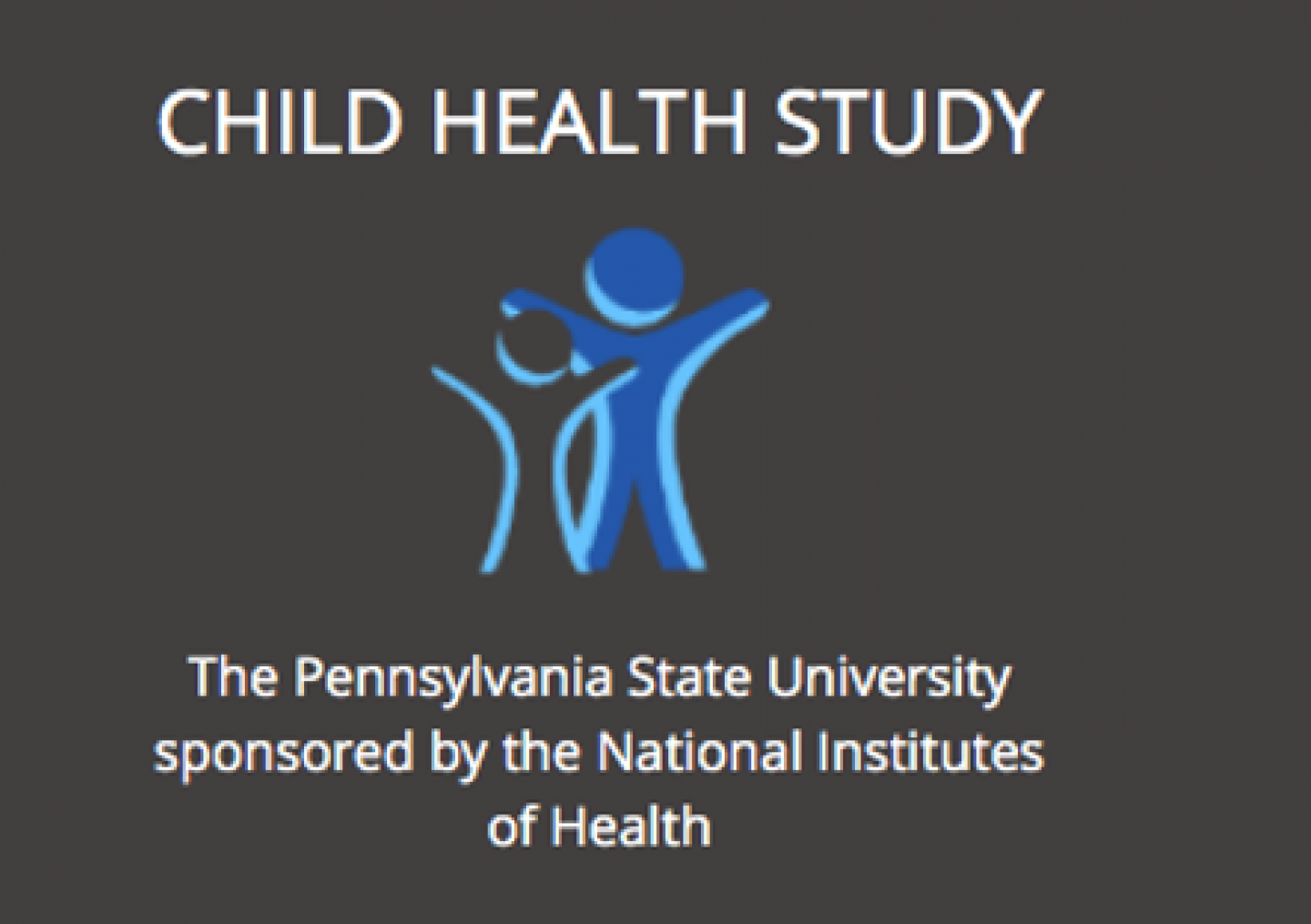Child Health Study
Child Health Study
Child Health Study | Penn State College of Health and Human Development

Led by Hannah Schreier, Ph.D. (Penn State BBH), with co-investigators Idan Shalev, Ph.D. (Penn State BBH), Eric Claus, Ph.D. (Penn State BBH), and Yo Jackson, Ph.D. (Penn State Psychology), this project builds on TCCMS’s foundational work in longitudinal cohort studies. The Child Health Study follows a prospective cohort of 700 children (525 with histories of child maltreatment, 175 controls) through the critical transition to adulthood, examining malleable biological and psychosocial mechanisms that can mitigate the impacts of early trauma. This work aims to identify pathways to resilience and recovery, providing actionable insights for interventions that can improve long-term outcomes.
Has the research been approved?
- The research has been approved by Penn State’s Institutional Review Board (IRB)
- We are an established ‘research partner’ with PA’s Department of Human Services (DHS) in accordance with Child Protective Service Law 23 Pa.C.S.6342 and this project is approved at the DHS level
Research Focus
- To discern the causes of, and solutions to, health disparities of abused and neglected children
- To articulate the costs and consequences of child maltreatment
- Translate findings into messages that resonate with policy makers in order to implore a larger public investment in child welfare and in prevention and treatment
Who participates?
- Boys and girls aged 8-13 with an investigated or assessed designation within the previous 12 months and a matched comparison group
What is included?
- Research activities include:
- Physical health including health history, blood profiles, MRI, and height/weight
- Mental health, cognitive functioning, caregiver/child interactions
- Resilience including school engagement, personal agency, social supports, and regulation
- Health education including exercise, dietary habits, sleep, and energy balance
- Breaks are incorporated including walking campus tours as well as art & science activities
Why is this research important?
- Helps child welfare-involved families learn how to live healthier lives
- Helps change life trajectories for future generations
- It is a larger effort to enhance child maltreatment prevention and treatment
- Helps raise awareness about the impact of maltreatment and the importance of child welfare